Content navigation
Primary level
Primary education – including two years of kindergarten or a first learning cycle – comprises eight years. In a few cantons of German-speaking Switzerland, there is no obligation to send children to kindergarten, or only an obligation of one year. Nevertheless, the vast majority of children in these cantons attend kindergarten also for two years. In several German-speaking cantons, municipalities can choose to run a first learning cycle (called «Grundstufe» or «Basisstufe»), which combines kindergarten and the first one or two years of primary school. In this organisational form, four to seven or eight year old children are taught together in the same class. In French-speaking Switzerland, the two kindergarten years are usually included in what is called «cycle 1» or «cycle primaire 1», which lasts for four years. The canton of Ticino offers in addition to the two compulsory years of kindergarten, an initial, voluntary year for children from age three.
The cantons set the age of enrolment at primary level (kindergarten or a first learning cycle). Children who have reached the respective age by the specified cut-off date (this is usually 31 July) start primary education at the beginning of the school year (autumn). Children are generally between four and five years old. At the parents' request, enrolment at an earlier or later date can be arranged.
Learning objectives and organisation of teaching
-
On entry to primary level (kindergarten or a first learning cycle), children differ in terms of knowledge, ability, stage of development and language skills. Based on this heterogeneity, the objective is to stimulate the development of all children. The development of abilities is encouraged through stimulating play and learning environments. Children acquire the basics of social competence and the educational working method. The time they need to complete the first years of schooling depends on their cognitive development and emotional maturity; if necessary, children will receive additional support through special measures.
At kindergarten or a first learning cycle, teaching focuses on the individual development of the child. Teaching is predominantly organised and designed on an interdisciplinary basis. Play takes on an important role. Children are led step by step to learning in subject areas.
The cantons are responsible for the curricula. They specify the number of lessons per subject and the teaching material. The Intercantonal Agreement on Harmonisation of Compulsory Education (HarmoS Agreement) stipulates a harmonisation of the curricula on the level of the linguistic regions. The French-speaking cantons have implemented the «Plan d’études romand» (PER), the 21 German-speaking and multilingual cantons the «Lehrplan 21» and the canton of Ticino the «Piano di studio».
Generally, after kindergarten or a first learning cycle, the following subject areas and subjects are taught:
- languages: language of schooling, foreign languages (a second national language and English)
-
mathematics and natural sciences
-
social sciences and humanities, e.g.: geography, history, ethics and religions
-
music, art and design (visual arts, textile design and technical design)
-
physical education and health
Various topics, such as the use of information and communication technologies (ICT), health promotion, education for sustainable development or civic education, are often taught as integral parts of other subjects.
Assessment of pupils
-
Assessment of pupils at kindergarten or a first learning cycle is usually undertaken without using numeric grades. Structured observation sheets are often used as the means of assessment. They also serve as a basis for the parent-teacher interview. Assessment is supportive in orientation and takes account of the personal development of the child.
Where performance is graded, generally a scale of 1 to 6 is used (6 = best grade, 4 = sufficient, below 4 = insufficient). Assessment with grading does not set in at the same time in all cantons. If grade reports are not issued, school reports describing the child’s performance in words or other assessment procedures are used. In most cases, the pupils receive a grade report or a learning report twice a year, at the end of each semester. Academic performance assessment is used as a basis for promotion to the next grade and transition to the next level. Repetition of a grade is mostly provided for in the cantonal school laws, but its handling varies from canton to canton. Measures of special support can be arranged.
In various cantons, compulsory or optional year-end tests, orientation tests or comparative tests or standardised reference tests are conducted in certain grades and subjects. These instruments can be used to determine the current state of knowledge and skills or to assess the performance of the pupils and also allow the teachers to compare the learning success of their class with other classes.

